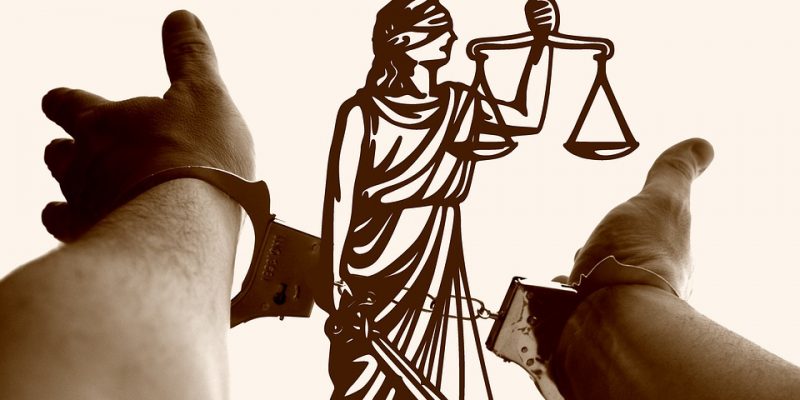One of the most common and debated law issues in all countries is the separation of a civil unit. This is because in most cases civil marriages involve minors; the law should focus on the protection of their rights. The law seeks as its main objective the balance and equitable distribution of property acquired during marriage. In addition, it seeks to establish the welfare of all parties involved in the separation, with the protection of the minors involved as its main objective.
Who is protected by law in the event of divorce?
Legislation tends to provide protection to the most vulnerable party in the separation of a civil marriage. In most cases the separation of property acquired during this union is done equally so that both parts are favored. The woman has special protection and in some cases the law obliges her to receive maintenance from her ex-partner. However, the law and the law try to be as fair as possible so that both parts are favored in the separation.
Who has custody of the children after a civil separation?
At this point the laws are a little more specific, the custody of the children belongs to the mother and she must receive support from the father of the children. The father has the right to see the children at least once a week. However, there are special cases in which custody is shared or even the parent is the one who remains in the custody of the children. The law seeks to make the separation as uncontroversial as possible and as consensual as possible.
The minor or minors must receive mutual support from the parents, even if the two are separated. Health is the main issue that both should always keep in mind and above all things.





